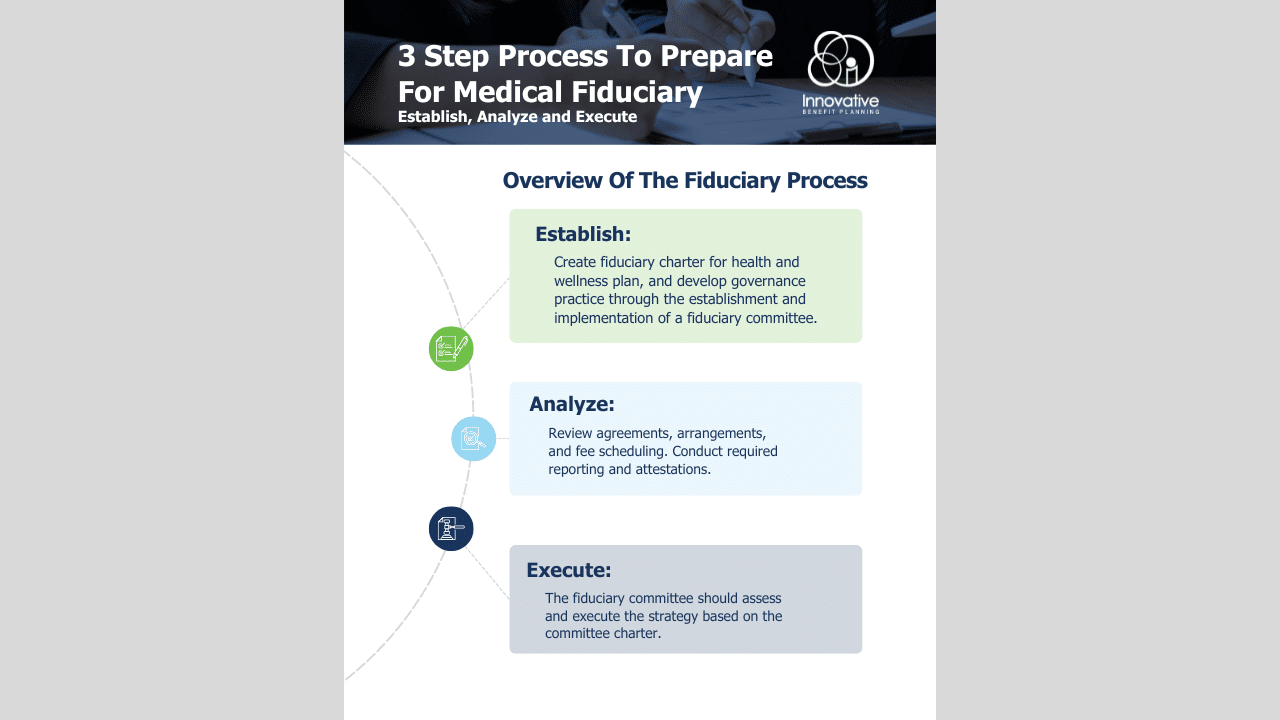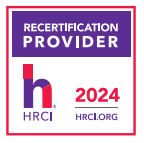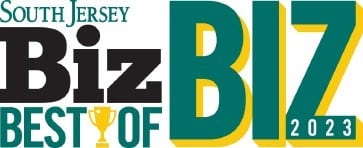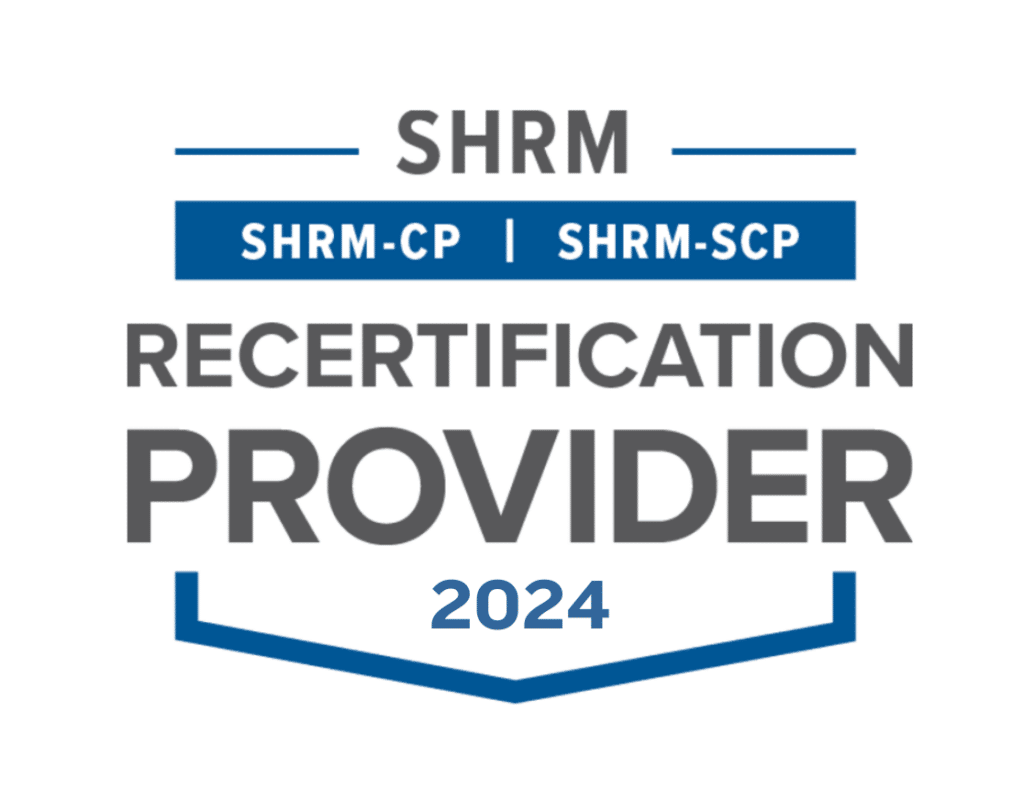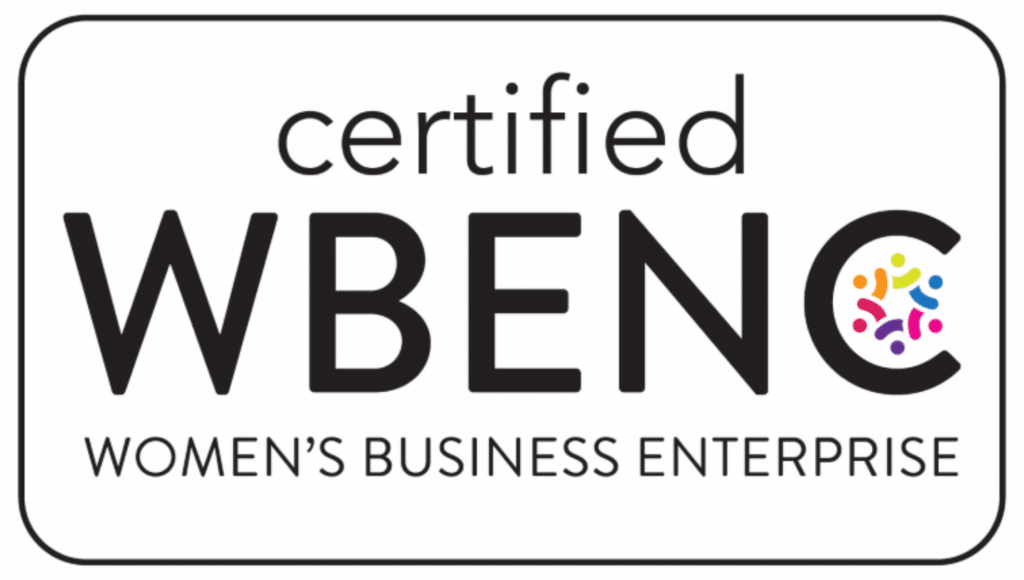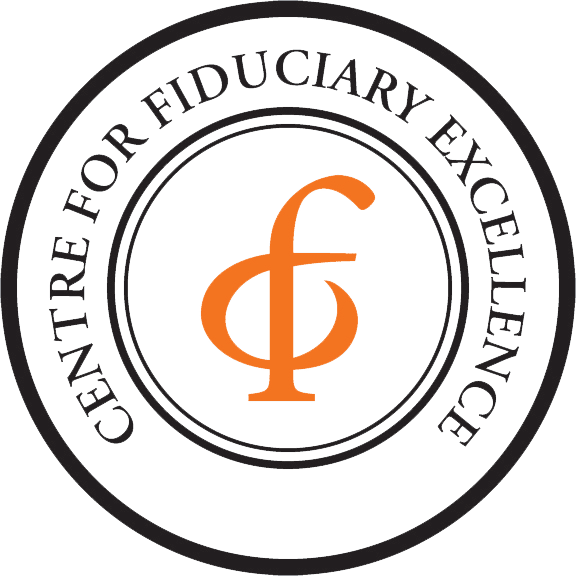Around 30 million adults in the U.S. deal with some form of hearing loss, but only an estimated 1 in 5 have addressed the issue with the use of a hearing assistance device. On August 16, 2022, the U.S. Food and Drug Administration (FDA) issued a final rule that would allow Americans to access hearing aids over-the-counter (OTC). The final rule creates a new category for OTC hearing aids, which will allow individuals with perceived mild to moderate hearing loss to purchase hearing aids directly in-store or online without prescription, medical exam or fitting by an audiologist. Prior to this, insurance coverage for hearing aids has been limited, with Medicare offering no coverage for individuals. This final rule is a result of legislation passed in 2017 by Congress (FDA Reauthorization Act of 2017) which required the FDA to create a category of OTC hearing aids and an Executive Order signed by President Biden which set a 120-day deadline for the FDA to take the necessary steps to allow for OTC hearing aids.
The final rule specifically applies to certain air-conduction hearing aids. Hearing aids for individuals under the age of 18 or with severe hearing loss will remain prescription devices requiring a referral from a hearing health provider (i.e., an audiologist, hearing aid specialist, etc.). The OTC hearing aids will amplify sound in similar ways that prescription devices do. Additionally, the wearer will be able to fit the device themselves, as well as control and adjust the audio settings on their own, without the assistance of a hearing aid specialist. The FDA has created regulations that require manufacturers of OTC hearing aids to ensure that the devices are safe and effective for the wearer, as well as sets standards for the packaging to ensure buyers are able to understand who may benefit from the hearing aid, any warnings that may be associated with the device, and other information the individual should know prior to buying or using the hearing aid. The OTC hearing aids covered under the final rule are different from personal sound amplification products (PSAPs), which are not regulated as a medical device by the FDA. The purpose of PSAPs are to amplify sound in specific situations for people who do not have hearing loss and do not require a prescription or seeing a health care provider.
It is anticipated that the OTC hearing aids will be available to consumers as early as mid-October and will cost somewhere between $200 and $800, but the final costs are still under review. It is also unclear whether Medicare will assist consumers with the costs. We will continue to monitor for new developments.

2022 Employer Compliance Calendar
Are you finding it difficult to keep up with the constant changes in the compliance landscape? We understand that HR professionals have other important items on their plate so we have put together a 17 page calendar that will insure employers are meeting deadlines to remain compliant in the workplace. Click below to download our calendar!




